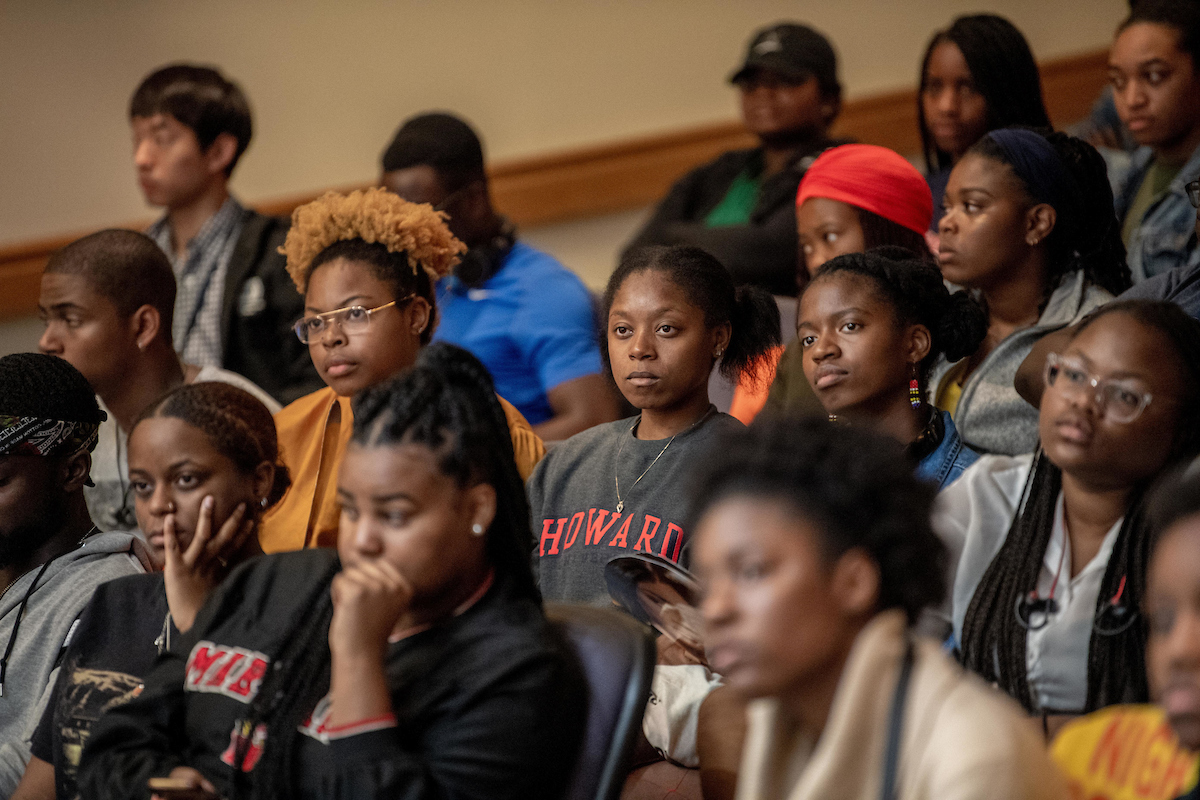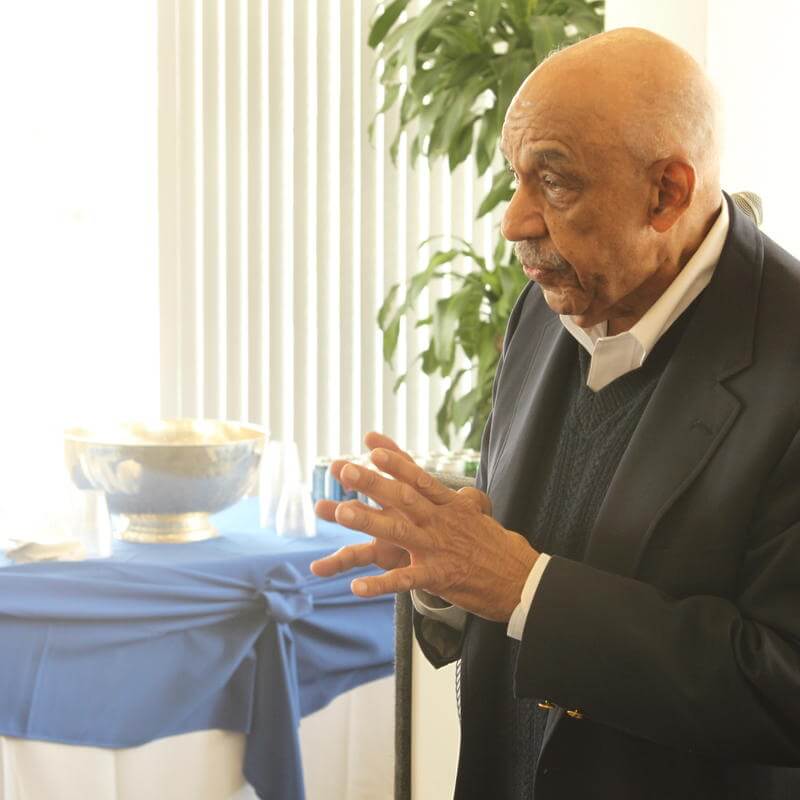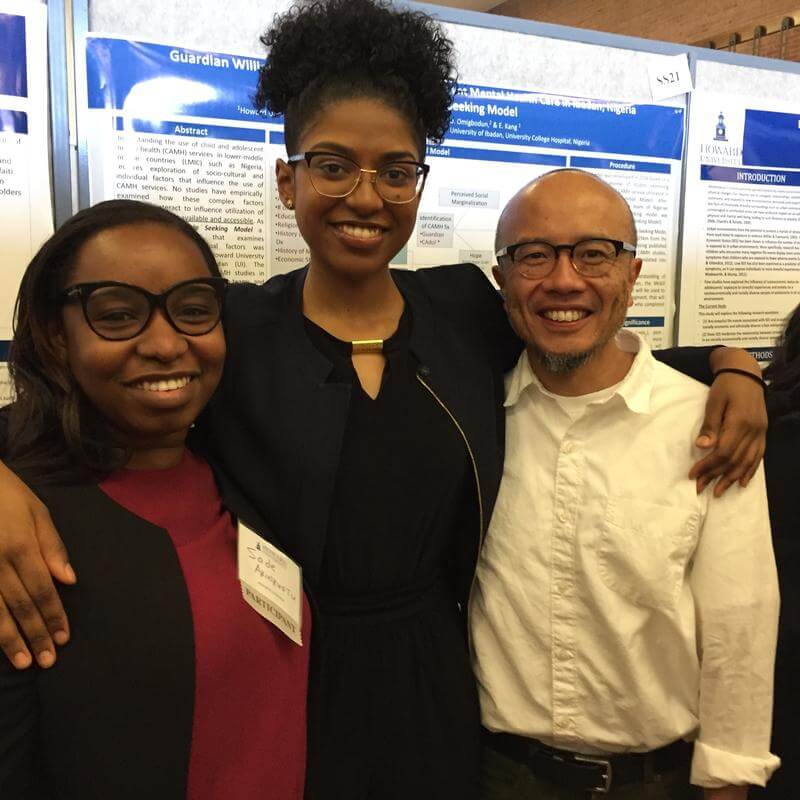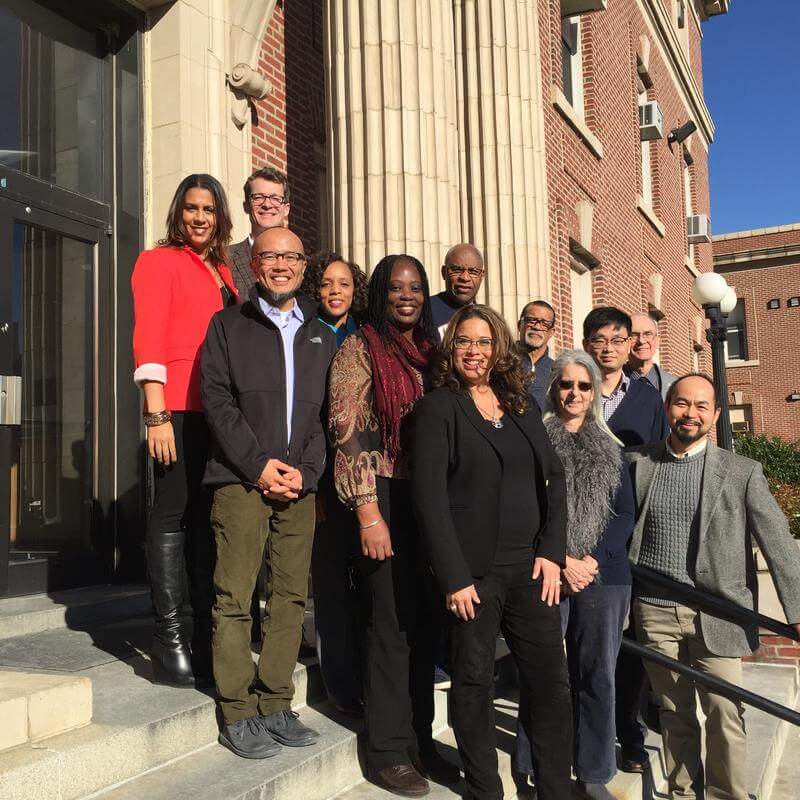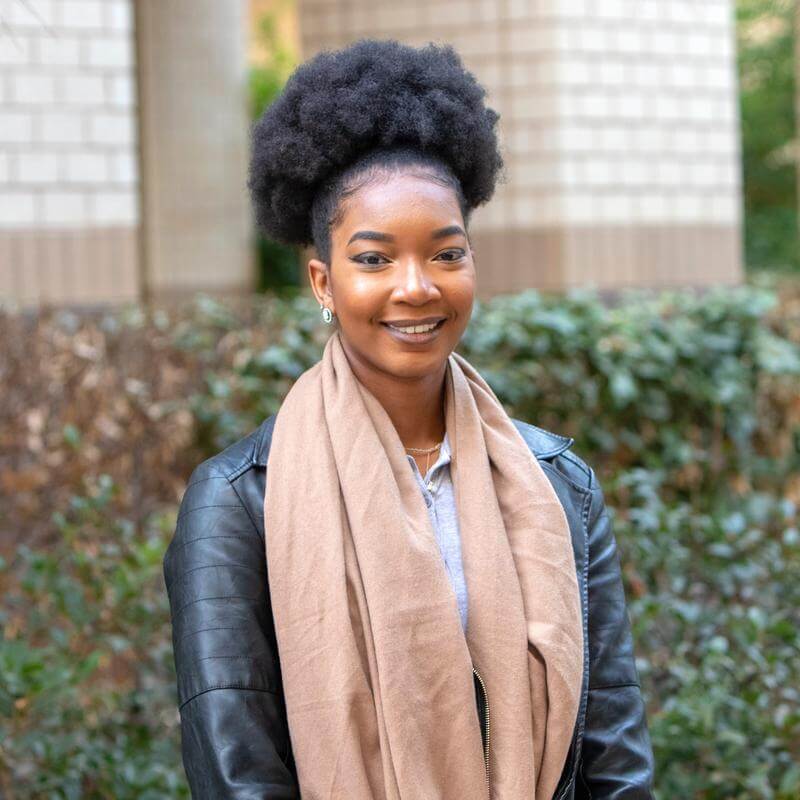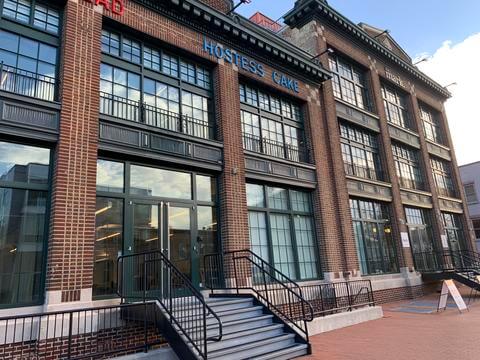
Scholarship. Research. Service
Psychology
Excellence in Behavioral Science
Contact Us
641 S Street, NW, 3rd Floor
Washington, DC 20001
Phone: (202) 806-6805
We are a dynamic unit within a comprehensive research-oriented institution. Consistent with the university's mission and core values, our department is committed to providing an educational experience of exceptional quality to students from internationally diverse backgrounds.
Our faculty members are actively engaged in innovative research that provides an opportunity for students to learn about rigorous scientific methods, while asking empirical questions about human behavior and mental processes. Emphasis on exploring these questions from the lens of an African diasporic experience is a unique aspect and strength of our program.
Recent News
Welcome to our new Psychology Department home at 641 S Street NW, 3rd Floor. This new space (managed by the Mark) will be a central space for faculty, students, and staff to host gatherings and meetings. Please sign in at the 3rd floor reception desk when visiting. The faculty look forward to seeing you in our offices... or on the rooftop terrace (yep, that's right).

Congratulations to Nailah Dillard (PhD Clinical Psychology Student), Robert Wood Johnson Foundation Health Policy Research Scholar Fellowship Recipient
The Health Policy Research Scholars program is a national leadership development program for doctoral students from historically marginalized backgrounds “who can connect how their background, identity, or lived experiences have positioned them to contribute to the goals of the program, including bringing unique and diverse perspectives to their research.”
“I’m interested in how exposure to systemic inequities — such as community divestment, redlining, lack of green spaces, inadequate public infrastructure, and over-policing — contributes to cycles of trauma, hypervigilance, and justice system involvement among Black and brown youth,” Dillard shared in a recent Howard Dig feature article. “This research sits at the intersection of psychology, criminology, sociology, and environmental justice, aiming to uncover the hidden ways structural oppression affects mental health, decision-making, and pathways to criminalization.”
The DigNews
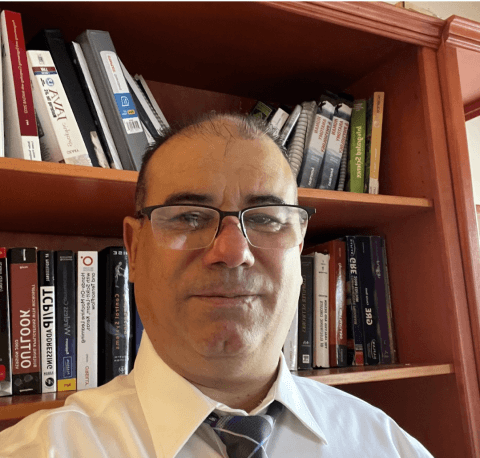
Dec 15, 2025
Howard University Engineering Professor Fadel Lashhab to Lead $500K NSF Project To Train K-12 Educators in Robotics and Automation
View Featured StoryWe are Howard Psychology
